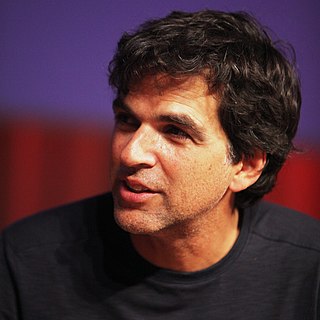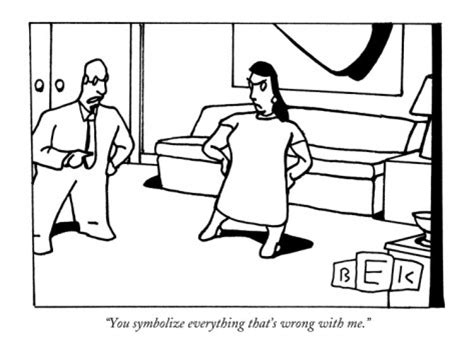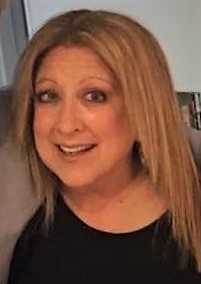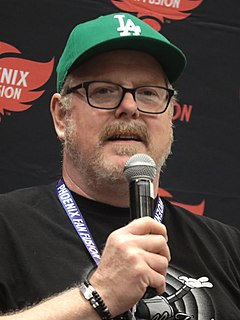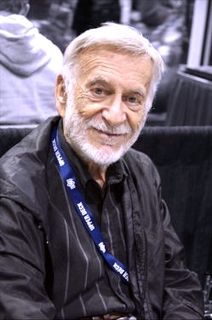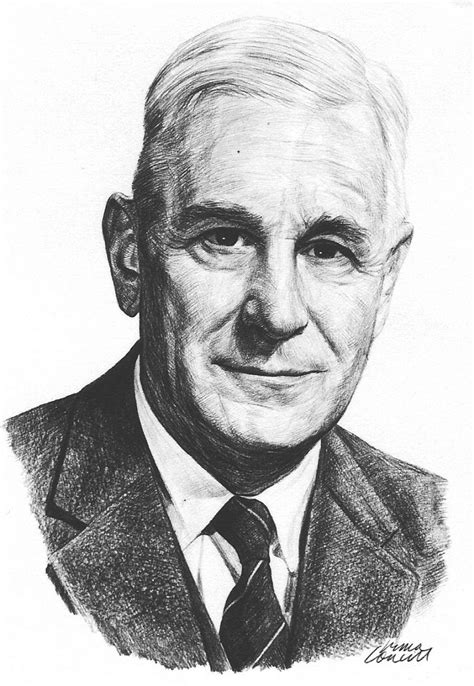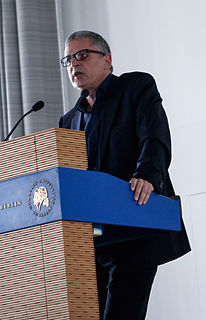A Quote by Patrick Chappatte
Religion and political cartoons, as you may have heard, make a difficult couple, ever since that day of 2005, when a bunch of cartoonists in Denmark drew cartoons that had repercussions all over the world - demonstrations, fatwa, they provoked violence. People died in the violence.
Related Quotes
I think The New Yorker's cartoons aren't very political because the people who do the cartoons aren't awfully political people, and they aren't paid to be political. I think editorial cartoonists are. That's what they do. They probably have a great natural interest in politics, and then they are paid to do it, so they sort of have to hunt out these ideas. I admire editorial cartoons, but I'm also sort of happy that I don't do them because I'd hate to have to label things and I'd especially hate, more than anything, to label something Dennis Hastert or Mark Foley.
I heard police or ambulancemen, standing in our house, say, 'She must have provoked him,' or, 'Mrs Stewart, it takes two to make a fight.' They had no idea. The truth is my mother did nothing to deserve the violence she endured. She did not provoke my father, and even if she had, violence is an unacceptable way of dealing with conflict. Violence is a choice a man makes and he alone is responsible for it.
Violence never really deals with the basic evil of the situation. Violence may murder the murderer, but it doesn’t murder murder. Violence may murder the liar, but it doesn’t murder lie; it doesn’t establish truth. Violence may even murder the dishonest man, but it doesn’t murder dishonesty. Violence may go to the point of murdering the hater, but it doesn’t murder hate. It may increase hate. It is always a descending spiral leading nowhere. This is the ultimate weakness of violence: It multiplies evil and violence in the universe. It doesn’t solve any problems.
I must remind you that starving a child is violence. Suppressing a culture is violence. Neglecting school children is violence. Punishing a mother and her family is violence. Discrimination against a working man is violence. Ghetto housing is violence. Ignoring medical need is violence. Contempt for poverty is violence.
Contention, especially violence, is not the way to deal with our problems. Unfortunately, television, videos, movies, and electronic games teach otherwise. Even cartoons and many children's programs depict violence in amusing ways, suggesting that no one really gets hurt and that any disagreement can be solved by a karate kick or the use of some weapon.
The cartoonists treated Islam the same way they treat Christianity, Buddhism, Hinduism and other religions. And by treating Muslims in Denmark as equals they made a point: we are integrating you into the Danish tradition of satire because you are part of our society, not strangers. The cartoons are including, rather than excluding, Muslims.
Cartoons were very conservative. The country was very conservative. Although the liberals were allegedly in charge for a long time, there was a very acceptable balance what people would talk about in public. And I wanted to stretch those and move further out. And as the civil rights movement began, I started doing cartoons on that and on sit-ins and I was, along with Bill Mauldin, a great cartoonist out of World War II, arguably one of two white cartoonists doing this kind of work, Bill and me.
